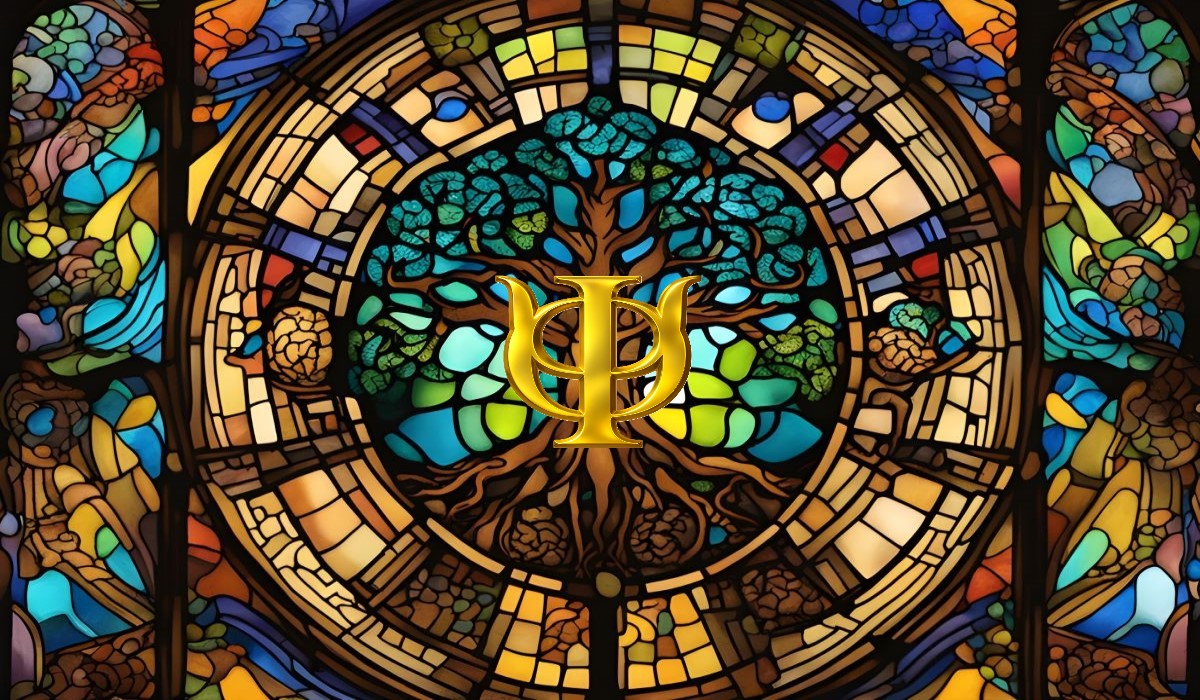UNIVERSITAS
UNIVERSITAS is an international repository of information for the advancement of knowledge.
It is facilitated by an unconventional group of engineers, scientists and philosophers united in the goal of advancing knowledge and technology.
Origin of the "Universitas "
Although the Latin word
‘universitas’ is usually translated as university, initial universitas organizations were unlike modern universities in their purpose, structure, and function.
The word universitas originally meant an
'incorporated' guild of any kind. Universitas later acquired the meaning of a
'guild of scholars'.
“Universitas was in its origin, a voluntary association of individual masters rather than a single educational institution conducted by an organized staff”.
The universitas prescribed the studies which were to lead to the
"master's chair"; but it did not attempt to interfere with the discipline of the scholars.
In a sense, all scholars were regarded as members, though not as governing members, of the Universitas of Masters and Scholars.
"In short, the scholars' universitas, however influential we might think it was, long remained a guild, pure and simple:
'At the outset it [the term universitas] was applied to a single group that formed a legally recognized self-governing association.
Thus, a faculty of arts was a 'university' as was any faculty of medicine or faculty of theology.
The master’s and students of the arts faculty formed their own legal corporation, or university, as did the teachers and students of the medical faculty, and so on.'
The early universitas guilds of scholars did not own buildings or other physical property, they were not supported by permanent financial arrangements such as pious foundations,
and they did not have much of anything else that we think marks an institution of higher education as such.”
FAQ
UNIVERSITAS® is an “Open Knowledge” organization. Open knowledge refers to information or data that is freely accessible, shareable, and reusable by anyone, without unnecessary restrictions like paywalls, licensing limitations, or proprietary controls. It aligns with the idea that knowledge should be a common good, available to empower people, foster collaboration, and drive innovation.
Key principles of open knowledge:
Accessibility: Members can access information freely.
Reusability: The knowledge can be adapted, modified, and redistributed.
Transparency: Its origin and accuracy are clear and verifiable.
Membership is required to participate in projects.
Our goal is to promote Knowledge and Intelligence, knowing something and using that knowledge are separate capabilities - Individual intelligence occurs in organisms with special neural machinery that enables cognitive and learning functions that serve the fitness benefit of the organism, and trained through a lifetime of experience to maximise individual rewards.


